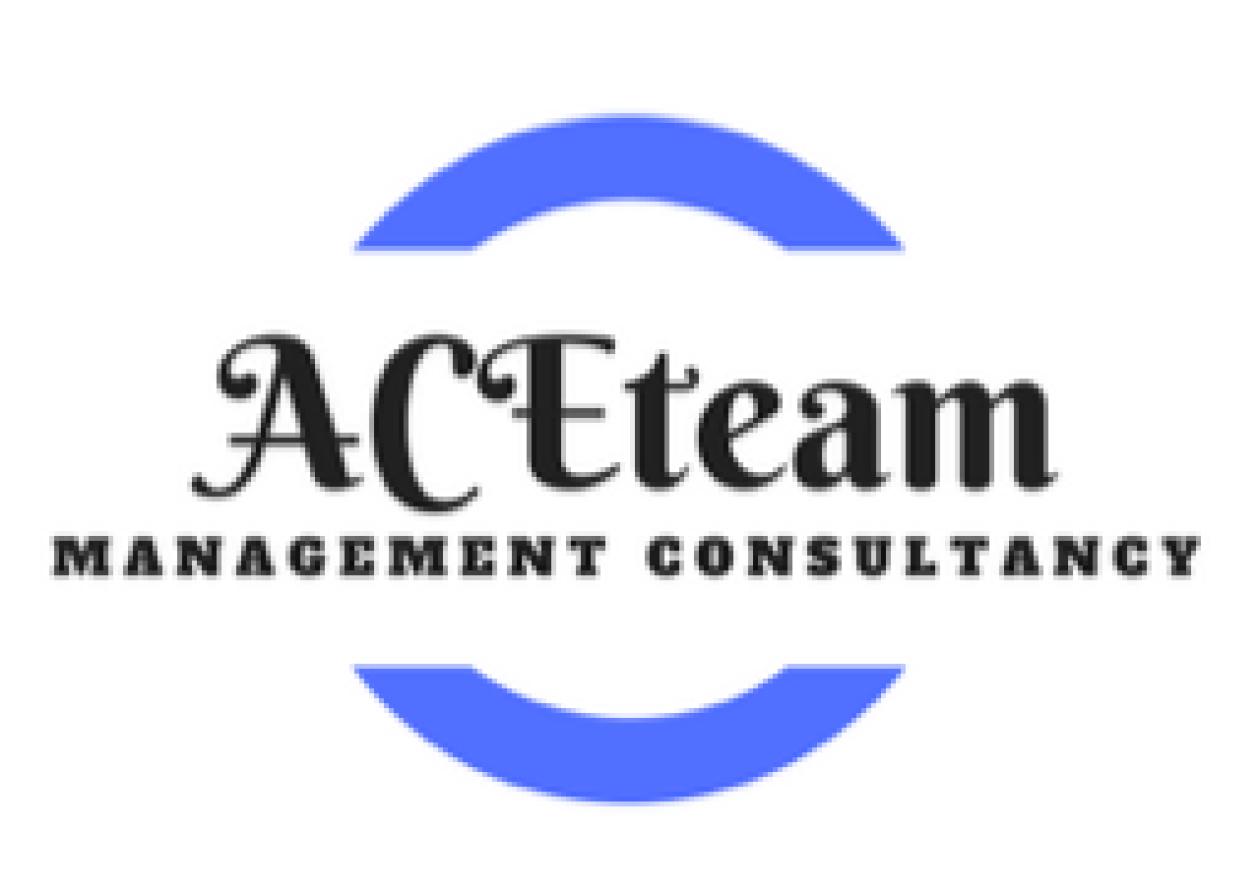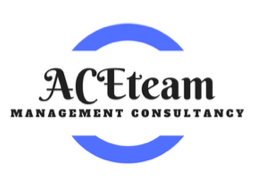ISO 27001:2022 is an international standard that sets forth the requirements for establishing, implementing, maintaining, and continually improving an Information Security Management System (ISMS). The primary goal of ISO 27001 is to help organizations systematically manage and protect their information assets, including sensitive data and intellectual property, by implementing a comprehensive set of security controls. The standard provides a risk-based approach, allowing organizations to assess and address their specific information security risks, ensuring the confidentiality, integrity, and availability of information.
ISO 27001:2022 encompasses a holistic framework that covers various aspects of information security, such as risk assessment, security policy development, access controls, incident response, and ongoing monitoring. Achieving certification under ISO 27001:2022 demonstrates to stakeholders, customers, and partners that an organization is committed to managing information security risks effectively and has implemented a robust system to safeguard sensitive information in an ever-evolving digital landscape.
How can Aceteam Management Consultancy help you and your organization?
Brand new certification.
Conduct a thorough gap analysis to identify the current state of the organization’s information security management system against the requirements of ISO 27001:2022. This assessment will help determine the areas that need improvement.
Assist in developing a comprehensive project plan outlining the tasks, timelines, and resources required for the implementation of ISO 27001. This plan will serve as a roadmap for the organization to achieve certification.
Help in drafting and updating information security policies and procedures to align with ISO 27001 requirements. This includes developing a risk management framework, defining roles and responsibilities, and establishing processes for incident response and business continuity.
Guide the organization through the process of identifying and assessing information security risks.
Develop a risk treatment plan that includes appropriate controls to mitigate or manage identified risks.
Conduct training sessions to raise awareness among employees about information security and their roles in maintaining the confidentiality, integrity, and availability of information assets.
Provide guidance in the creation and maintenance of required documentation, including the information security policy, risk register, statement of applicability, and other necessary records.
Assist in implementing and configuring the necessary technology solutions to support information security, such as access controls, encryption, and monitoring tools.
Conduct internal audits to assess the organization’s compliance with ISO 27001 requirements. Identify areas for improvement and work with the organization to address any non-conformities.
Perform a pre-certification assessment to ensure that the organization is ready for the official ISO 27001 certification audit. This includes validating the effectiveness of implemented controls and processes.
Provide support during the official certification audit conducted by an external certification body. Assist in addressing any findings or recommendations raised during the audit.
Work with the organization to establish a continuous improvement process for the ISMS, ensuring ongoing compliance with ISO 27001 and adapting to changes in the business environment.
Transition from ISO 27001:2013 to ISO 27001:2022.
Conduct a gap analysis to identify the current state of the organization’s information security management system in comparison to the requirements of ISO 27001:2022. This analysis helps to identify areas that need improvement or compliance with the updated standard.
Assist in conducting a comprehensive risk assessment to identify, analyze, and evaluate information security risks. ISO 27001 emphasizes a risk-based approach, and a consultant can help the organization implement effective risk management processes.
Provide training sessions to employees at various levels to raise awareness about information security and the importance of adhering to ISO 27001:2022 standards. This is crucial for the successful implementation of ISMS throughout the organization.
Guide the organization in implementing necessary controls and measures to address identified risks and vulnerabilities. This may involve technology solutions, process improvements, and organizational changes.
Developing and maintaining documentation required by ISO 27001:2022, including risk registers, policies, procedures, and records. Ensuring proper documentation is crucial for compliance and effective management of the ISMS.
Conduct internal audits to assess the organization’s compliance with ISO 27001:2022. Internal audits help identify areas for improvement and ensure ongoing conformity with the standard.
Facilitate management review meetings where key stakeholders review the performance of the ISMS, discuss audit results, and make decisions regarding improvements and resource allocations.
Prepare the organization for ISO 27001:2022 certification by working with certification bodies, addressing any non-conformities, and ensuring all requirements are met.
Establish processes for continuous improvement, emphasizing the cyclical nature of the ISO 27001 standard. A consultant can help the organization continually assess and improve its information security management system.



